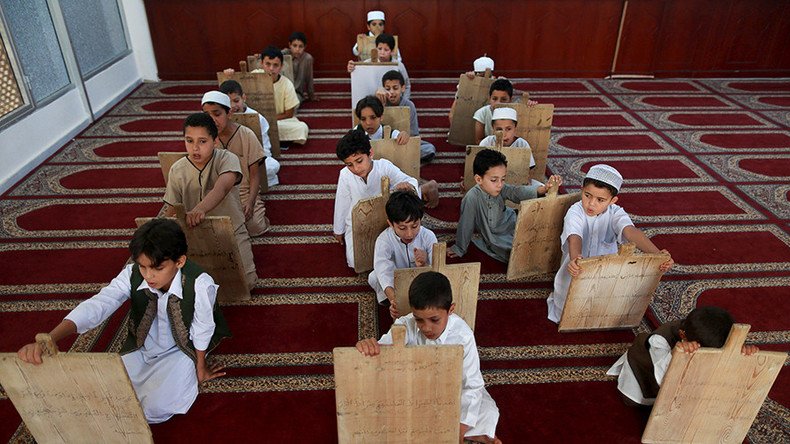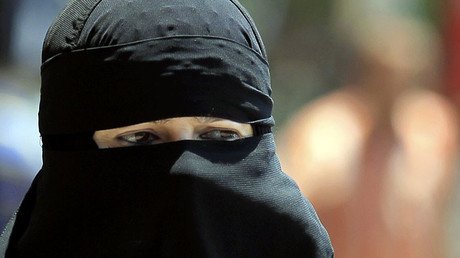‘Don’t fast for Ramadan’ advice brings heat on Spanish school headteacher

The headmaster of a primary school in the Spanish city of Melilla, which is attended mostly by Muslims, has advised children not to fast during Ramadan, as it may be bad for pre-teens’ health. Some parents did not welcome the message at all.
Alfonso García Zafra, the head teacher of the Juan Caro public primary school in Melilla, one of the two Spanish enclaves in North Africa, sent an advisory letter to the parents of the pupils, who began fasting as Ramadan started last week, according to Mundo Deportivo newspaper.
READ MORE:Making kids attend Christian worship at school violates their human rights – UN
In the letter, Zafra warned the parents of possible cases of fainting, migraines and heatstroke during school sports activities and games that could result from “dehydration or lack of sustenance," El Faro Digital News said.
The headmaster recommended that the parents do not let their children fast and attached a missive written by Islamic studies teacher Dris Mohamed Haddu to his letter. The letter said that “students who have not reached puberty – and all who study here are under 12 – are exempt from fasting under Islamic teaching,” The Local reported.
Deben niños menores de 12 años hacer #Ramadan en Melilla? Profesor de #islam pide a sus padres exentarles. Polémica pic.twitter.com/VWdXOOP4nx
— Ignacio Cembrero (@icembrero) 11 июня 2016 г.
"So I advise – and am supported by the Islam teacher – that parents follow this recommendation because of the host of activities planned until the end of term, and because of the heat," Zafra said in his letter.
However, the letter reportedly infuriated some parents, who called it dictatorial. As a result, Dris Mohamed Amar, the leader of Melilla’s Islamic Council, commented on the dispute by saying that a school had "no place interfering on religious matters,” according to El Faro Digital.
Amar also said that the school has no right to decide at what age a child reaches puberty and is expected to observe Ramadan.
"It is up to parents and not the school to decide whether they have reached puberty and whether or not they should observe the fast," Amar told El Faro. The Islamic Council also claimed that the headmaster pressured the Islamic studies teacher to offer his advice.
The row drew the attention of Melilla’s department of education. José Manuel Calzado, the department’s official, tried to ease tensions by saying that the head teacher’s letter only sought to “remind parents that the school year was not yet over and that physical activities may form part of the curriculum and that fasting was not compulsory for children.”
The Islamic Council said that it will inform the parents about its stance on the matter, but said that it was more important to keep the peace during Ramadan.
Religious, ethnic and even linguistic issues often become contested topics and provoke disputes when it comes to school education.
Last month, authorities in the Swiss canton of Basel issued a ruling that subjects the parents of Muslim school students to fines if their children refuse to shake hands with female teachers. According to the legislation, if students refuse to shake hands, it means that they involve others “in a religious act” and show disrespect to equality between men and women.
Earlier in May, an adult education center in Denmark banned Muslim students from wearing the niqab. The controversial move was an effort to promote “free and unhindered communication” which would be compromised by the face veils, the school wrote on its Facebook page.














